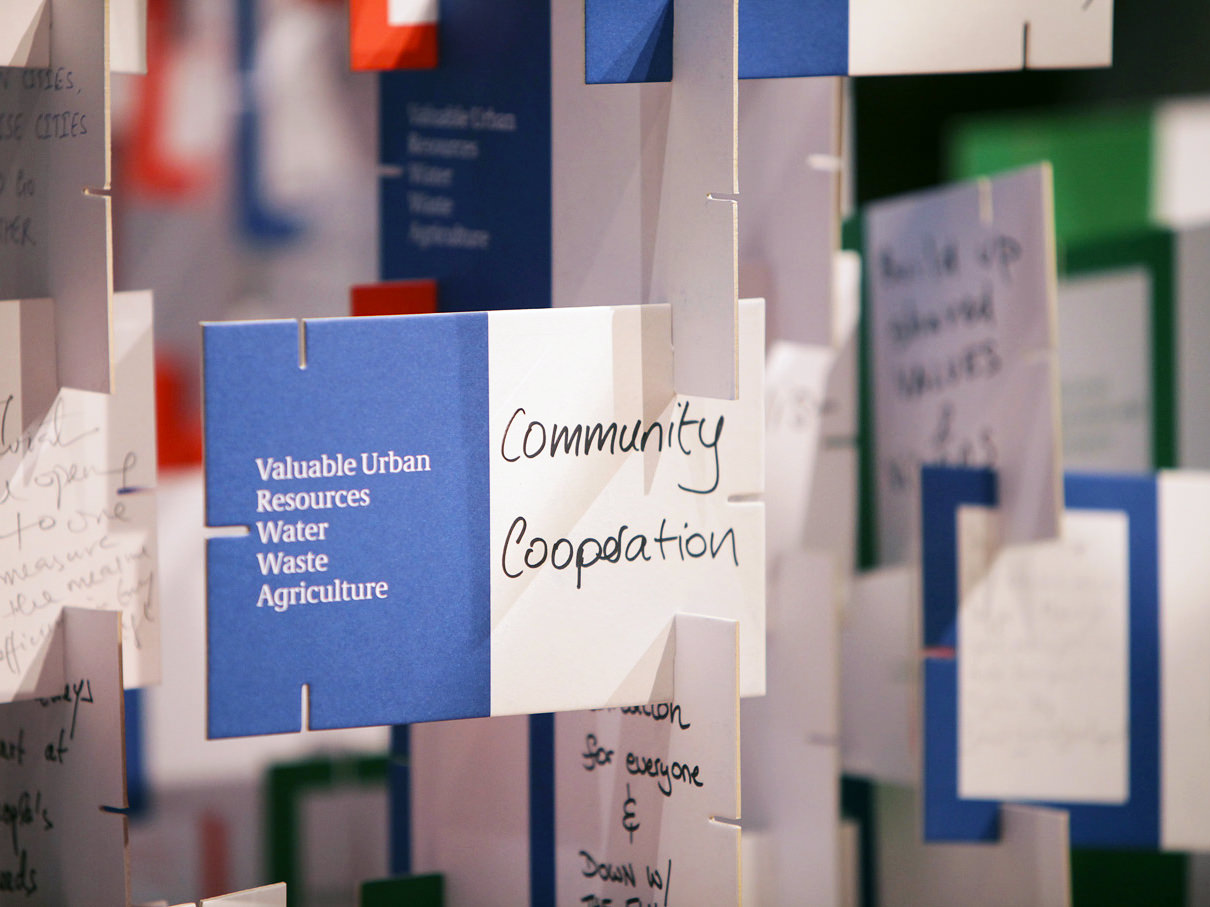With this guiding principle, the facilitation and synthesis research project encourages the continuous exchange and learning process between the collaborative projects and promotes the cross-project communication with thematically related organisations. The exchange of knowledge particularly generates synergies at the level of the funding priority and initiates learning processes. In this way, SURE develops into a »learning funding priority«. For this purpose, a networking process stimulates cross-project cooperation and promotes an intensive exchange between the individual SURE collaborative projects and their »communities of practice«. Moreover, the SURE communities are provided with technical networking tools and a collaboration platform. This platform ensures a knowledge and communication management and enables analyses of project contents.
Facilitation and Synthesis Research for the SURE Funding Priority
The funding priority »Sustainable Development of Urban Regions« in Southeast Asia and China is supported by a facilitation and synthesis research project. The project team takes over the scientific and organisational support for the overall funding priority and its collaborative projects and is jointly carried out by HafenCity University Hamburg, TH Lübeck, University of Applied Sciences and TÜV Rheinland Consulting GmbH.





